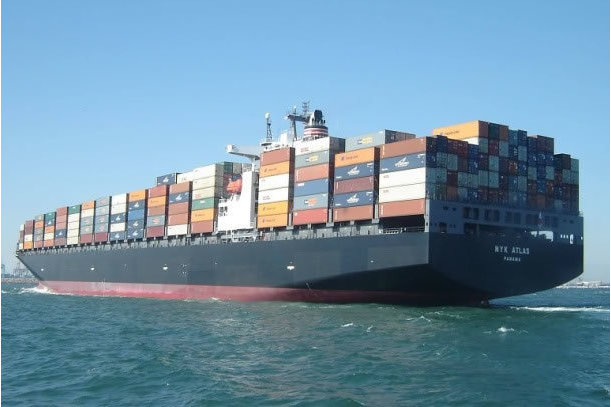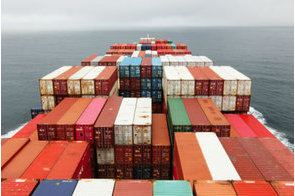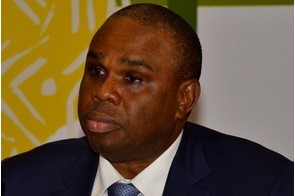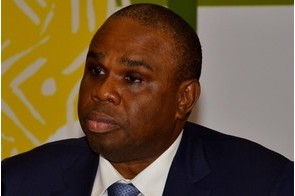Latest News
WTO Trade Facilitating Agreement comes into force

News Highlight
- UNCTAD said the TFA will help to streamline procedures that will significantly increase international trade, reduce corruption and boost development.
The United Nations Conference on Trade and Development (UNCTAD) has described the entry into force of the Trade Facilitation Agreement (TFA) as a huge step towards making global trade cheaper, easier and faster for member countries of the World Trade Organisation (WTO). UNCTAD said the TFA, which came into force today, will help to streamline procedures that will significantly increase international trade, reduce corruption and boost development.
First negotiated at the WTO Bali Ministerial Conference in December 2013, the TFA aims to simplify and harmonize trade processes through the use of innovative technologies and other measures to minimise cost and reduce administrative procedures in the world trading system.
"We welcome the entry into force of the Trade Facilitation Agreement as a huge step forward in making trade around the world cheaper, easier and faster," said Joakim Reiter, Deputy Secretary General of UNCTAD, which supports the WTO.
The WTO projects that member countries could reduce trade costs between 9.6% and 23.1% with the ratification of the TFA. Accordingly, this would translate into export gains of between $750 billion and $1 trillion, and add 2.7% per year to world export growth between 2017 and 2030.
UNCTAD said waiting times at customs points for trucks bringing goods into Rwanda dropped from 11 days in 2010 to 34 hours in 2014, owing to an automated "single window" system. As a result of this reform, an estimated 27,060 trucks entered Rwanda with imports in 2014 and, with running costs of $225 a day per truck, importers and consumers saved $6 million in that year alone. The Automated System for Customs Data (ASYCUDA) that helped Rwanda to cut down on waiting times was supplied by UNCTAD. This and other frameworks are among the provisions of the TFA.
"New technologies and institutional reforms can improve governance, reduce entry barriers and pull the informal sector into the formal sector. And with less paperwork to dodge, and fewer palms to grease, public revenues go up. This generates new resources for spending on essential services," said Reiter.
UNCTAD said the cost of trade for developing countries is estimated to be on average 1.8 times higher than for developed countries. The UN agency has supported the successful establishment of more than a dozen national trade facilitation committees in Africa, South America and Asia, to reduce the cost of trade. Fifteen developing countries and least developed countries have so far taken part in UNCTAD's Empowerment Programme for National Trade Facilitation Committees, which was launched in 2016 to provide intensive professional training in implementing the agreement.
Between now and 2030, the TFA is expected to add more than half-a-percent to growth of world GDP providing additional resources for the international development agenda.
As doing business gets easier, UNCTAD said the range of goods exported by the world's poorest countries will increase, lessening commodity dependence and strengthening vulnerable economies.
Related News
Latest Blogs
- AML/CFT regulations and data protection require balance in regulating cryptocurrency
- It's time for honest discussions on Nigeria's security architecture
- Driving economic growth through green transition in Nigeria
- CBN is fighting inflation instead of stagflation
- Why electricity privatization failed (2)
Most Popular News
- NDFF 2024 Conference to boost Nigeria’s blue and green economies
- IFC, partners back Indorama in Nigeria with $1.25 billion for fertiliser export
- CBN increases capital requirements of banks, gives 24 months for compliance
- CBN settles backlog of foreign exchange obligations
- Univercells signs MoU with FG on biopharmaceutical development in Nigeria
- Ali Pate to deliver keynote speech at NDFF 2024 Conference






